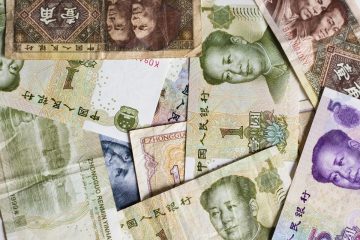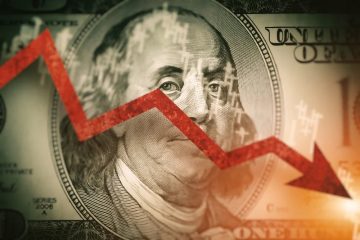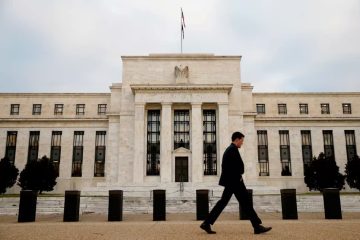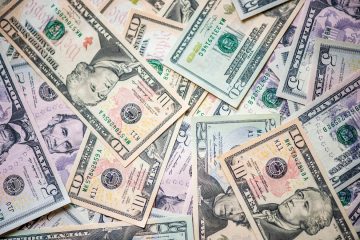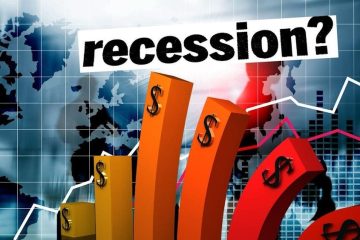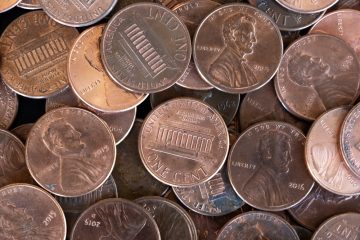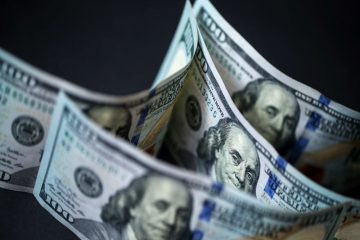Dollar wobbles after manufacturing miss as traders look to payrolls
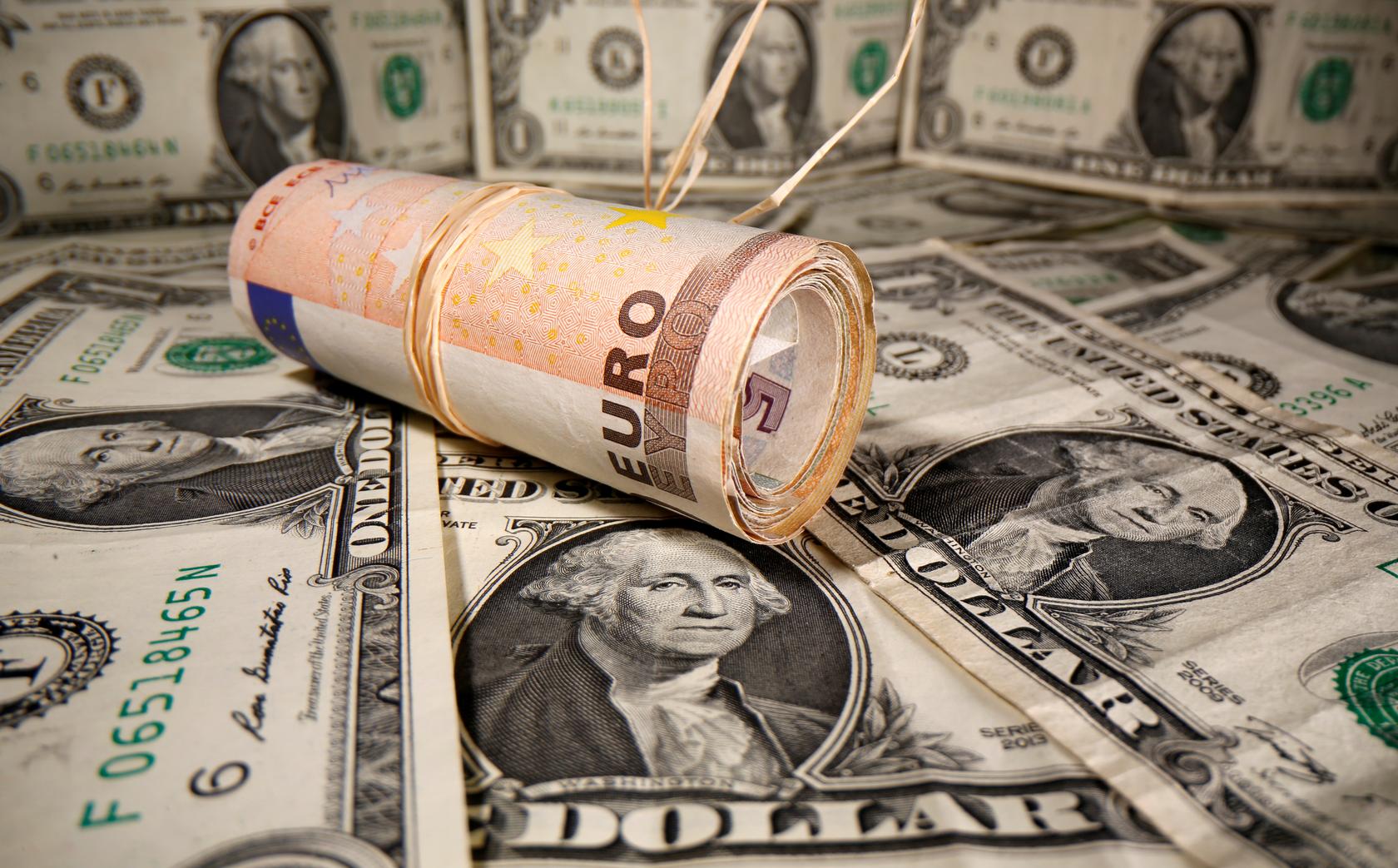
The dollar nursed losses on Tuesday after an unexpected slowdown in U.S. manufacturing growth prompted investors to trim bets that a booming U.S. economy could boost the greenback.
Data showed shortages of basic materials and transport snarls depressed the Institute for Supply Management manufacturing survey by 4.7 points to 64.7, toppling the dollar from a three-week peak on the yen and a two-week high on the euro.
With Asia trade thinned by holidays in Japan and China, further moves were muted, leaving the dollar to drift up slightly off overnight levels to sit at 109.14 yen and at $1.2054 per euro.
The common currency rose 0.3% overnight and found additional support from a surge in German retail sales and record-high euro zone factory activity.
The Australian and New Zealand dollars edged a fraction lower on Tuesday after bouncing overnight, while the U.S. dollar index against a basket of key rivals tacked on 0.05% to 91.036.
Traders’ focus is now on services figures due on Wednesday and payrolls data on Friday and markets seem finely balanced. Some analysts say strong figures might boost the dollar by bringing forward expectations for higher interest rates, while others argue that a strong U.S. economy would weigh on the currency as imports gain and the trade deficit grows.
“The ISM manufacturing report did not live up to expectations but payrolls should be at least as strong as consensus expectations,” Westpac analysts said in a note.
“The Fed’s dovish influential core won’t have any of it, but expectations for solid U.S. data this week and likely more hawkish regional Fedspeak leave the dollar index positioned for more two-way price action.”
Benchmark ten-year U.S. Treasury yields fell 2.5 basis points on Monday following the ISM miss and as New York Fed President John Williams reiterated that the recovery so far is “not nearly enough” to prompt monetary policy tightening.
Also on the horizon are central bank meetings in Britain and Norway, and the Reserve Bank of Australia’s policy outcome at 0430 GMT.
No changes are expected from the RBA although the tone of the statement might provide hints on whether the bank will upgrade economic forecasts it is due to publish on Friday.
The Australian dollar was 0.1% weaker in morning trade at $0.7756, and the kiwi a tad softer at $0.7194.
Sterling was perched near a week-high on the euro and had overnight punched through its 20-day moving average against the dollar to sit at $1.3905 as traders reckon the Bank of England may announce a slowdown of its bond purchases at its Thursday meeting.
Elsewhere cryptocurrency ether extended its record run, zooming to a new record peak of $3,457.64 before pulling back a fraction.

